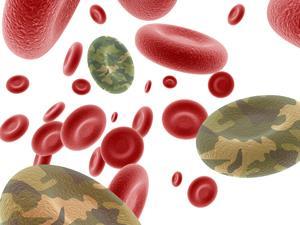Mussel adhesive hides proteins from antibodies

Immunocamouflage lets donor blood cells go undetected was first published by Chemistry World.
Mussel adhesive hides proteins from antibodies

Immunocamouflage lets donor blood cells go undetected was first published by Chemistry World.
No comments yet